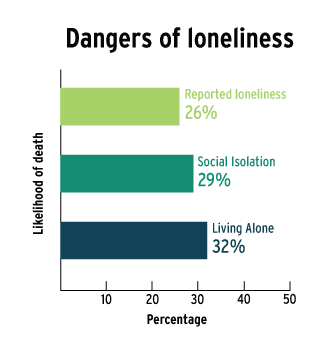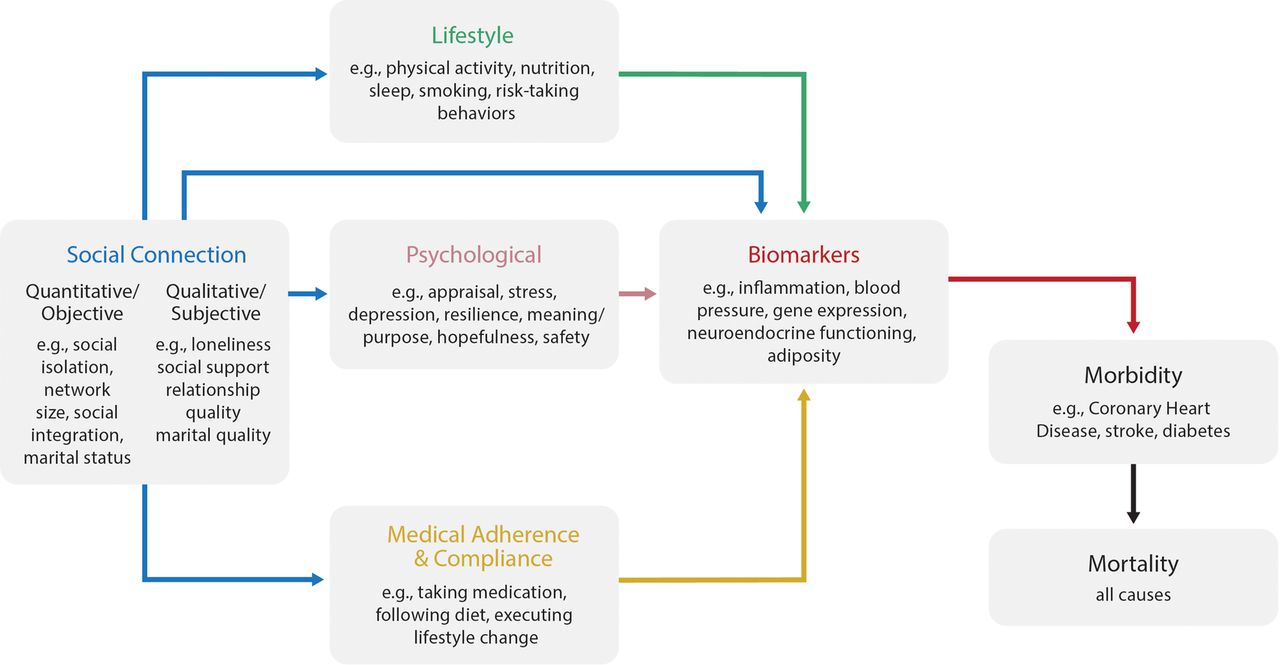
Loneliness can be just as deadly as smoking or obesity according to BYU researchers.
BYU counseling psychology professor Timothy Smith said loneliness is a subjective feeling of pain, which comes from a perceived absence of social connections.
Loneliness and social isolation are only moderately related, because people can be physically surrounded by roommates or others in classes but still have the feeling of being alone.
“Loneliness is across the age span once you leave a stable environment,” Smith said. “You are less likely to feel it when being raised in a home, but any time after adolescence the quality of relationships can deteriorate.”
Smith and his colleagues said both loneliness and social isolation are increasing, and they predict loneliness will reach epidemic proportions by 2030 unless something changes, similar to the current obesity epidemic that was predicted three decades ago.
Loneliness can impact physical health in a number of indirect ways. When a person is struggling psychologically, his or her immune system will become depressed. This can result in changes in blood chemistry and hormone levels and depleted resilience. People are more likely to develop cardiovascular disease or cancer when their bodies aren’t functioning as well.

Some people combat loneliness by reconnecting with people from the past who used to provide social support. For others, it’s a matter of dropping defensiveness and increasing courage to reach out to other people. Relationships where people serve others are also beneficial to a person’s health, according to the research.
Smith said approximately 30 percent of students on campus feel lonely.
“As big as this campus is, it’s easy to still get lost and not make meaningful relationships,” Smith said. “Recognize that help is available and that you don’t have to feel this way.”
Resources to Combat Loneliness at BYU:
- Try online self-help programs, meet with a counselor or join a therapy group through Counseling and Psychological Services.
- Find an on-campus club to join.
- If you’re a first-year student, contact your mentor.




